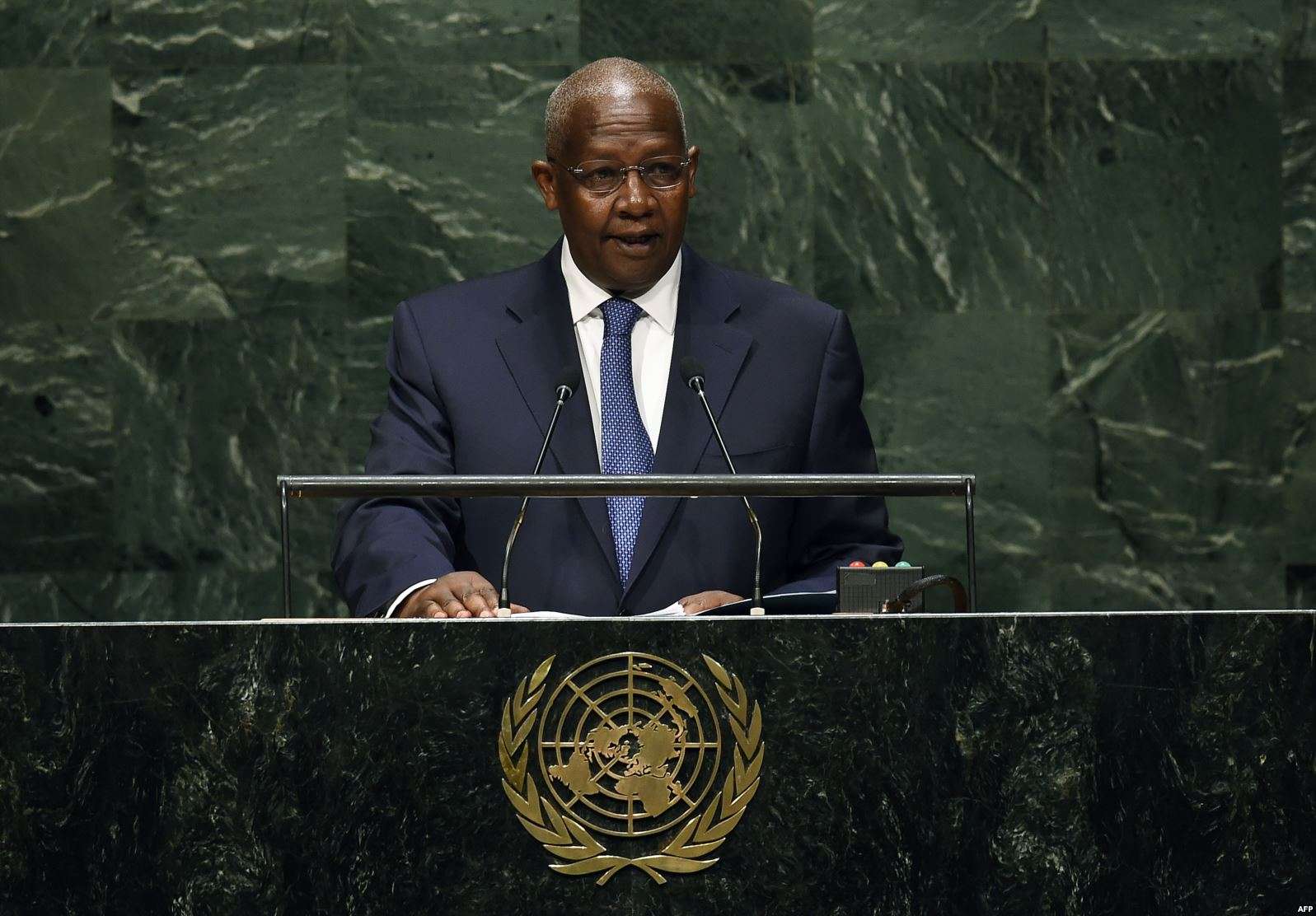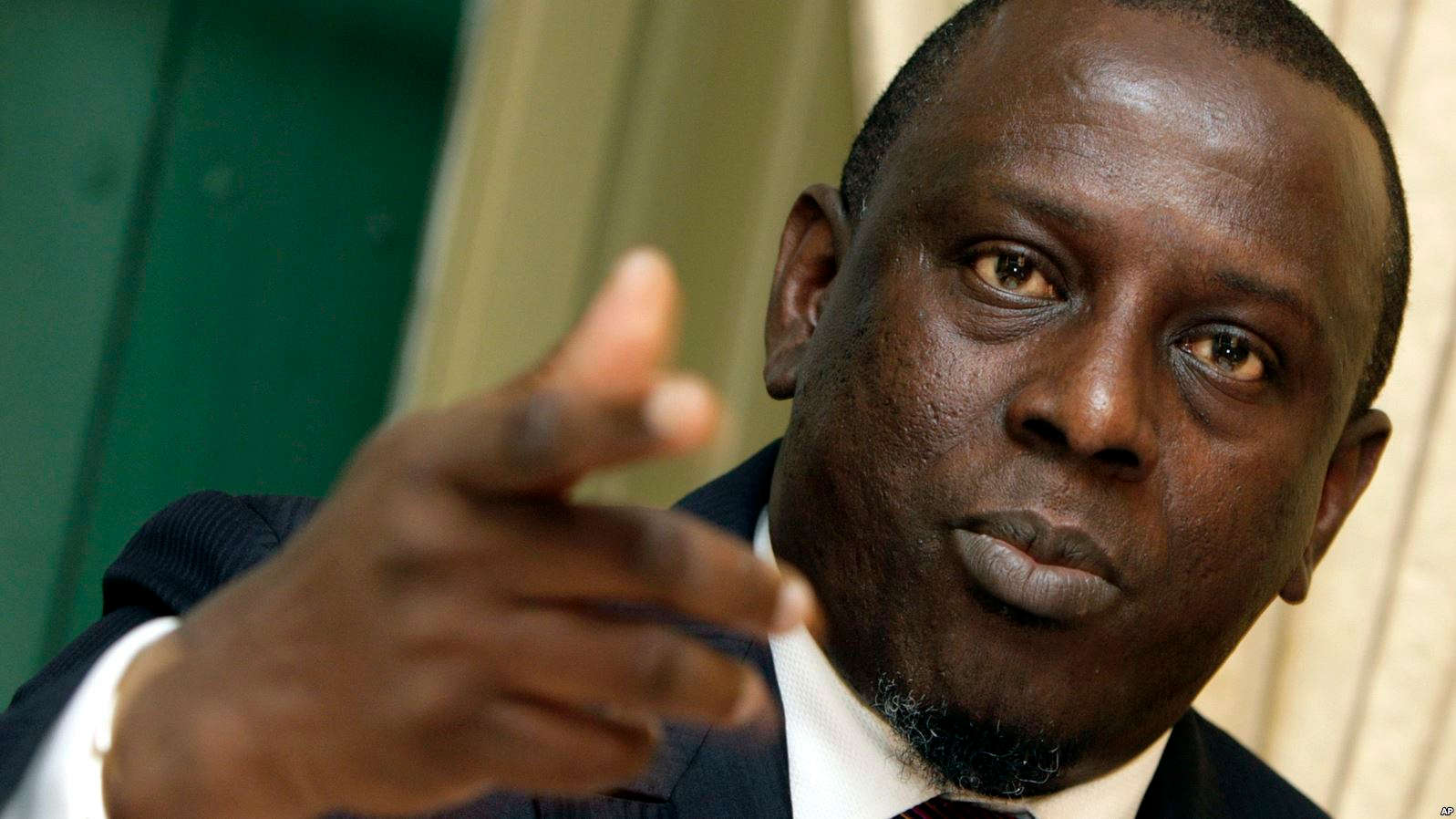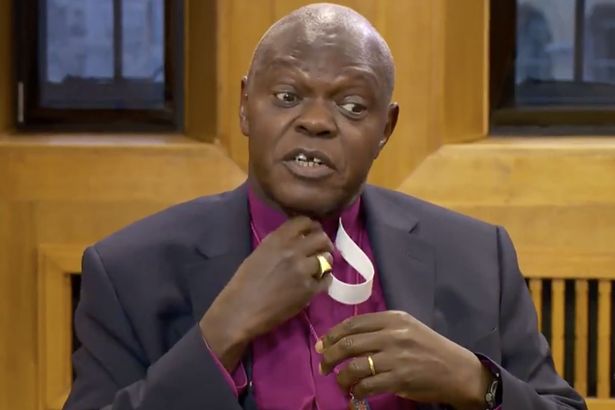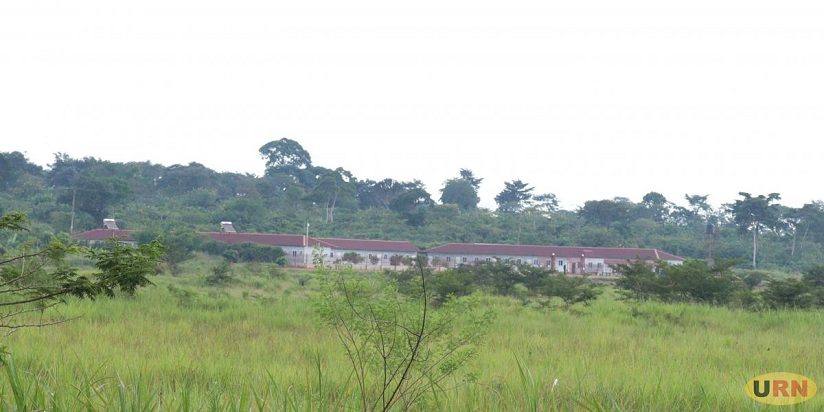October, 2014. Patrick Ho Chi-ping was planning a trip from Hong Kong to the central African country of Chad, where he was scheduled to meet the long-time president, Idriss Déby.
But Ho got a warning: he should skip the capital and, instead, take a flight to Ethiopia where he would then fly straight to Déby’s presidential village “in the middle of the desert”.
This, Ho was told, could “avoid [Chad’s capital N’Djamena] altogether to safeguard the confidentiality of our meeting”.
The email was sent from Déby’s personal friend, former Senegalese foreign minister Cheikh Gadio. Like Ho, Gadio was arrested by New York authorities last week over an international bribery scheme, with his email offering a glimpse into Ho’s daily routines since stepping down as Hong Kong’s secretary for home affairs in 2007.
A few weeks after that email, a two-hour meeting took place between Ho and Déby, according to a 54-page account of allegations against Ho issued by the US Department of Justice.
In the meeting, Déby made a promise to an unnamed energy firm represented by Ho over the right to a certain oilfield, the justice department said.
In exchange, the department added, Ho allegedly caused the company to pledge a US$2 million (HK$15.6 million) bribe to the president.
His arrest was a stunning fall from grace for a man who had styled himself as an active broker of ties between the US and China.
A practising eye surgeon before he joined the Hong Kong government in 2002, Ho, 68, treated one of the key Chinese officials in charge of talks with Britain before Hong Kong’s handover to the mainland in 1997.
After he stepped down as the city’s secretary for home affairs in 2007, he joined the China Energy Fund Committee (CEFC) think tank, as secretary general of its Hong Kong Non-Governmental Fund Committee, starting what he called a life of “civil diplomacy” and focusing on energy strategies and Sino-US dialogues.
MEETING KUTESA

The CEFC think tank has special consultative status with the UN’s Economic and Social Council, giving it access to influential decision makers in UN bodies, among other things.
But Ho’s access to the United Nations’ top echelons is now cited as laying the groundwork for some of the events deemed criminal by the US authorities.
In the same month he was planning the Chadian trip, Ho arrived at the United Nations headquarters in New York. There, he held a three-hour meeting with the rotational president of the UN General Assembly, Sam Kutesa.
When Kutesa vacated the role a year later, he resumed his job as Uganda’s foreign minister. His wife started writing emails to Ho, saying her husband “would like in particular to catch up with you regarding his foundation which he wishes to launch as soon as possible and would appreciate to receive the contribution/donation” promised by the energy firm’s chairman.
A US$500,000 “bribe” in the name of donation was made, wired from Hong Kong through New York, the US authorities alleged. The New York connection is why the US issued the complaint.
The CEFC think tank has also been funding a US$1 million UN Department of Economic and Social Affairs grant to promote leadership and innovation in meeting global energy needs.
Ho is one of five steering board members making final decisions on which applicants get the grant. The board also includes Wu Hongbo, UN undersecretary for economic and social affairs, who previously served as China’s ambassador to Germany and the Philippines.
The US allegations were a far cry from what Ho had been telling Hong Kong journalists.
Last year, Ho told reporters that “energy diplomacy actually contains a lot of things”.
“We used to invest in an oilfield in Africa, we extracted the oil, transported it to China for [refining], and this was criticised as China taking away all the oil.”
He went on to offer a solution that he said would be consistent with President Xi Jinping’s “Belt and Road” principles.
“When we invest in oilfields now, we refine the oil right there, and we sell it to the local government for local people’s consumption,” Ho said.
Ho’s lawyer, Edward Kim, of Krieger Kim & Lewin LLP, a New York law firm, declined to comment when contacted by the Post.

On Tuesday, Ho’s suspected involvement in graft was met with disbelief from his long-time family friend, who, speaking anonymously, confirmed Ho had treated the late Ji Pengfei, who was director of the Hong Kong and Macau Affairs Office in the 1980s and a key figure in handover talks with Britain.
Ho is married to retired Taiwanese actress Sibelle Hu.
Former veteran pro-Beijing lawmaker Ip Kwok-him, also a current executive councillor, recalled Ho as a dedicated minster who devoted in promoting Chinese culture. “I don’t find any problems in his honesty,” Ip said, saying he was shocked by the news. He confirmed that Ho had rather strong ties with Beijing officials among the ministers.
Till today, he is remembered by Hongkongers for picking a fortune stick with the number 83, deemed to be one of the worst possible omens, in an annual Chinese New Year ritual in 2003. Hong Kong grappled with Sars and street protests that year.





